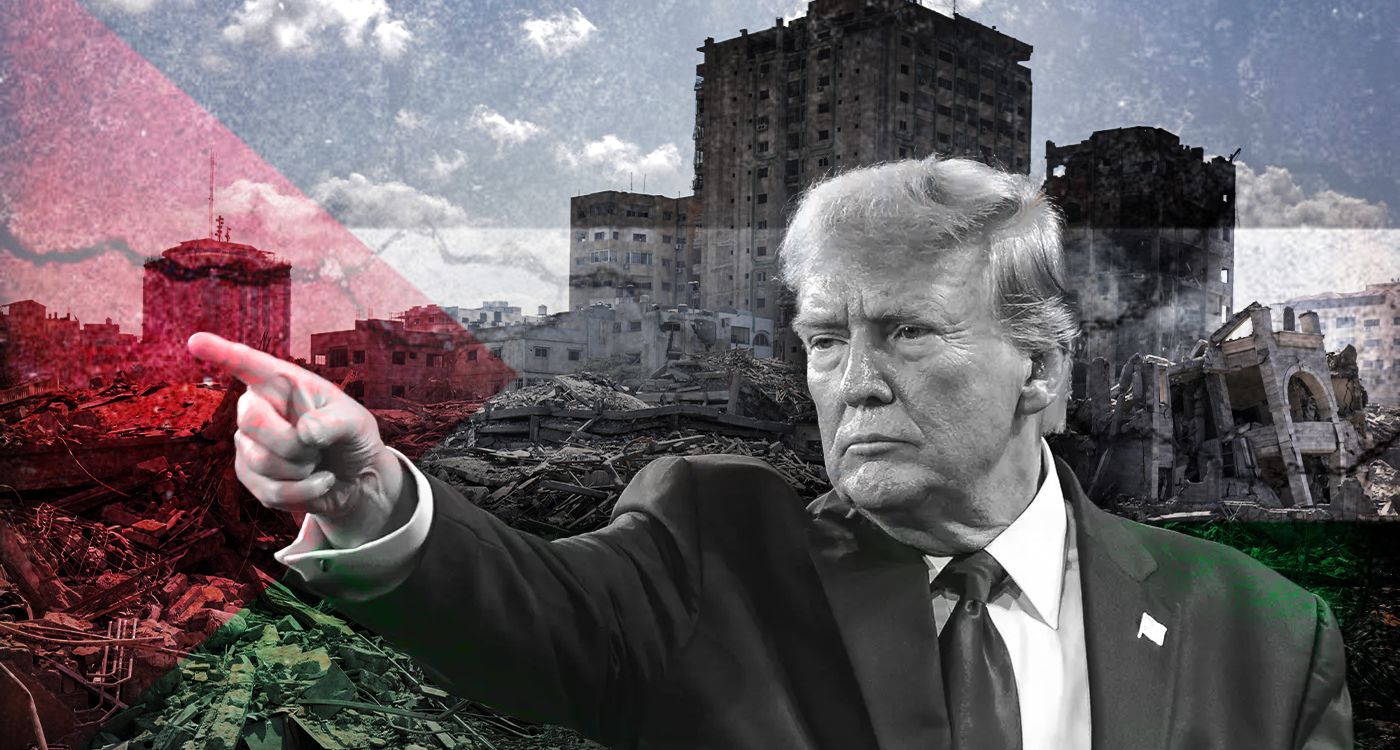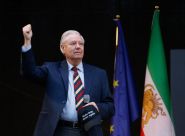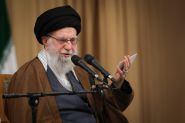- Home
- Middle East
- Trump's Controversial Gaza Proposal Sparks Global Opposition

©This is Beirut
US President Donald Trump revealed on Wednesday, February 5, a controversial plan during his joint press conference with Israeli Prime Minister Benjamin Netanyahu. The plan involves placing the Gaza Strip under US authority, citing the purpose of rebuilding the region, a move that has ignited widespread global backlash.
Trump described the initiative as an opportunity to transform Gaza, devastated by more than a year of a massive war, into a modern economic and tourist hub. He emphasized the strategic coastal position of Gaza, dubbing it the potential "Riviera of the Middle East," with promises of substantial tourism and investment. The plan centers on US responsibility for post-war reconstruction, including clearing war remnants, demolishing structurally unsound buildings and building new infrastructure.
However, the most controversial aspect of the proposal involves the forced displacement of 1.8 million Palestinians from Gaza. Trump referred to this relocation as a humanitarian effort, claiming that the tiny enclave is no longer livable. He assured that displaced individuals would be provided with "a good, fresh, beautiful piece of land" elsewhere, in countries like Egypt and Jordan.
Trump said any US involvement in Gaza would be a long-term deal, based on other international rehabilitation efforts to maintain stability and provide renewal to the region.
White House Press Secretary Karoline Leavitt later sought to clarify the plan, stating that the movement of Palestinians would be temporary and aimed solely at facilitating the reconstruction process. She also confirmed that the US would not be funding the rebuilding efforts nor deploying troops to Gaza.
Secretary of State Marco Rubio further elaborated on the plan during a press conference in Guatemala City, late on Wednesday, framing it as an opportunity for the US to lead Gaza’s reconstruction. He emphasized that the plan was not simply about clearing rubble, but also about rebuilding infrastructure. Rubio acknowledged the need for interim housing for displaced residents, although he noted that specific logistical details remained unclear.
Widespread Opposition from Global Leaders and International Bodies
The international community has largely rejected Trump's proposal, with strong opposition coming from the United Nations and the European Union, which stressed that Gaza’s future should be decided through diplomatic negotiations, not unilateral actions.
Germany, France and Spain as independent states have also denied the idea. German Foreign Minister Annalena Baerbock warned that expelling the civilian population from Gaza would lead only to "new suffering and new hatred."
For its part, the Arab League has vigorously rejected the plan, referring to it as "an international law breach" and "a path to instability," while reiterating its support for a two-state solution.
Human rights organizations, including Human Rights Watch and Amnesty International, have strongly criticized the plan, labeling it as ethnic cleansing. They argue that the proposal violates the Geneva Conventions and sets a dangerous legal precedent for forced displacement.
Opposition in the Arab World: Egypt and Jordan’s Firm Rejection
Similarly, firm opposition has been reiterated by governments across the Arab world.
Long-standing US allies, Egypt and Jordan, which have peace agreements with Israel, have rejected outright the idea of taking in displaced Gazans, based on security and demographic concerns.
Jordan's Foreign Minister Ayman Safadi flatly denied that his country "would participate in the forced expulsion of Palestinians," whereas Egypt's Foreign Minister Badr Abdelatty underlined that Gaza’s reconstruction is urgent, but without forcefully displacing its population, adding that governance should be returned to the Palestinian Authority.
King Abdullah II of Jordan emphatically reaffirmed his opposition to any attempt at the forced relocation of Palestinians, reiterating that Jordan would not endorse any steps that undermine Palestinian territorial sovereignty.
The United Arab Emirates condemned any infringement on the rights of the Palestinians and reaffirmed its demand for a two-state solution.
The Kingdom of Saudi Arabia made a rare, strongly worded statement rejecting forced displacement and refusing to pursue normalization with Israel unless a Palestinian state, including Gaza, was established.
Morocco, Somaliland and Puntland in Somalia are among the potential locations being considered by President Trump for relocating Palestinians from Gaza as part of his post-war reconstruction initiative, according to a report from Israeli news outlet N12 on Wednesday.
Citing N12, the Jerusalem Post noted that Morocco's involvement in the plan seems connected to the ongoing territorial dispute over Western Sahara, while Somaliland and Puntland are seeking greater international recognition. The report indicated that these regions might be seeking US support to advance their geopolitical objectives.
Legal and Political Concerns: Violation of International Law
Legal experts and political commentators have raised serious concerns about the legality of Trump’s proposal, with many describing it as ethnic cleansing. The logistical and political challenges of forcibly expelling millions of Palestinians remain significant, with many refusing to abandon their homeland.
There are also growing fears that such a proposal could lead to further conflict and long-term instability in the region. While the US government has not taken concrete steps to implement the plan, global opposition remains resounding, leaving its future uncertain.
Read more



Comments